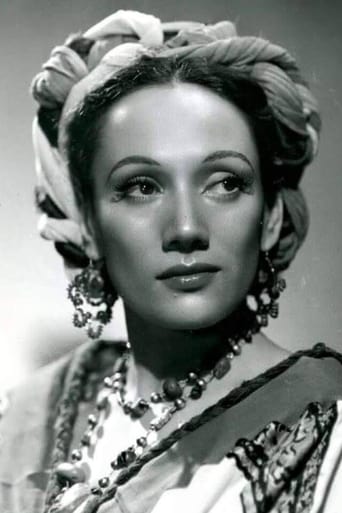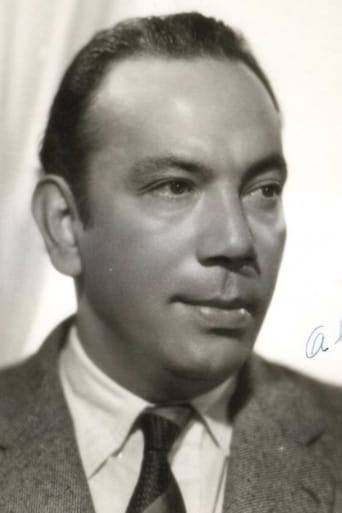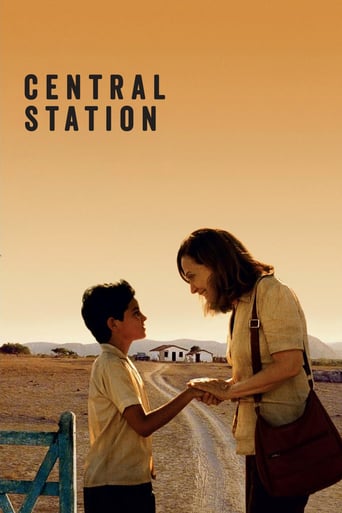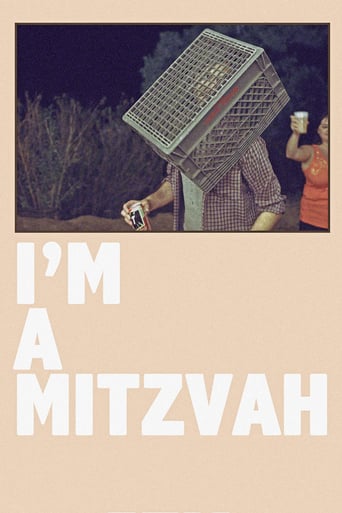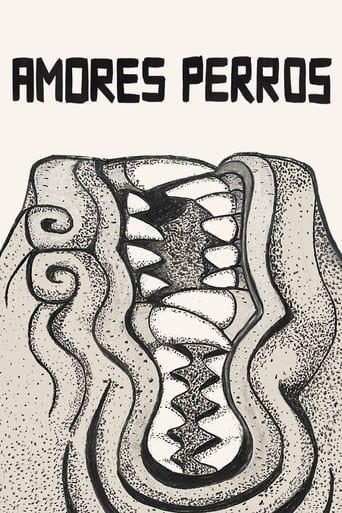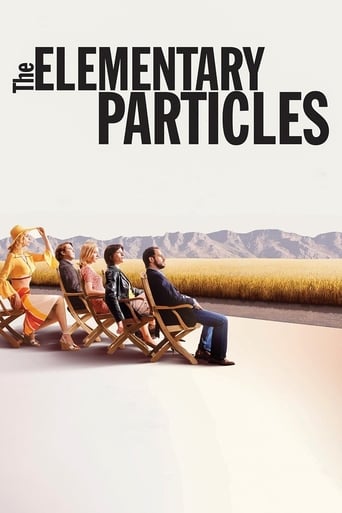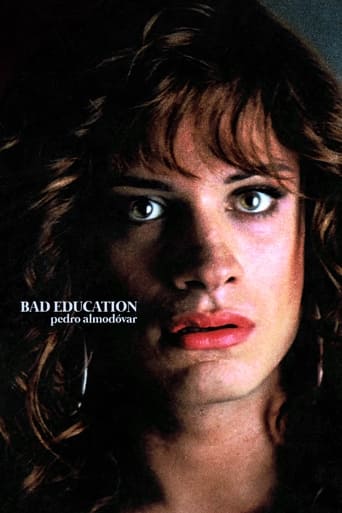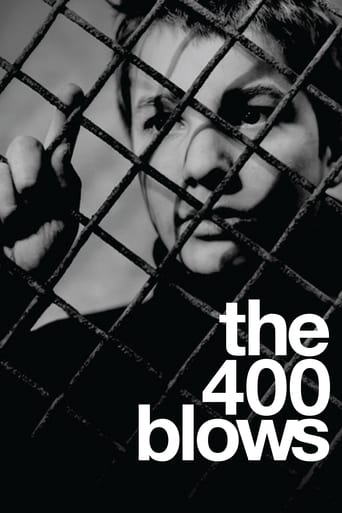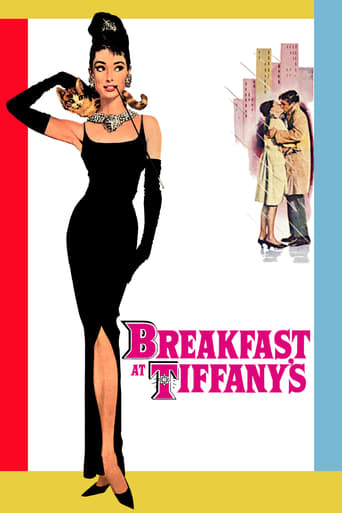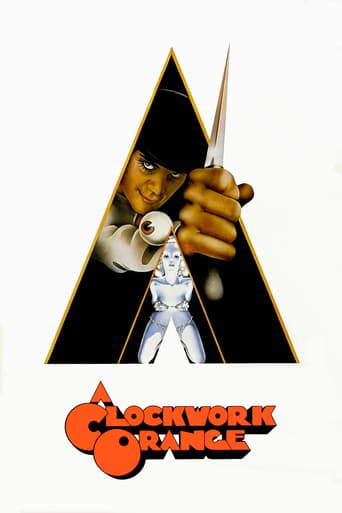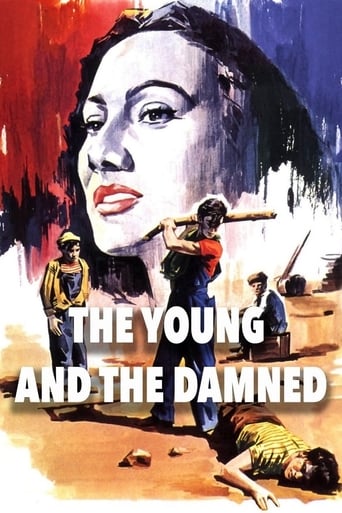
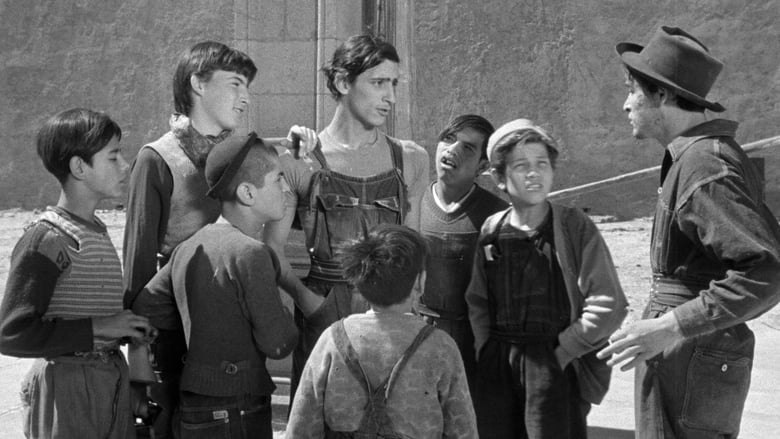
The Young and the Damned (1950)
A group of juvenile delinquents live a violent, criminal life in the festering slums of Mexico City, among them the young Pedro, whose morality is gradually corrupted and destroyed by the others.
Watch Trailer
Cast


Similar titles
Reviews
After seeing some of the excellent surrealist films, especially from his "French" phase of the 60s and 70s, of the master (of that same surrealism) Luis Bunuel, of whom I considered "le charme discret de la bourgeoisie" his maximum exponent, I was surprised to see this film of this filmmaker, here in an extremely successful foray in the field of neo-realism (although surrealism is also present in some scenes). A timeless movie. What we see on the screen as a reality of Mexico in the 1950s, continues to be a reality today in many places of the world (I, who recently worked in African countries for 6 years, do not forget the reality that I saw day by day, well close, and that is very close to the one we see in the movie). Yesterday as today, society continues to corrupt individuals, here personified in the character of little Peter. His intentions were good, but sometimes it is very difficult to fight against a kind of destiny that already seems to have been traced. It is even very difficult for many to oppose or evade a kind of propagation of "evil", which seems to be (and increasingly) instituted and rooted in society and which ultimately destroys or corrupts individuals, even those endowed with a kind of magic "purity" (or at least, some). The pessimistic tone of the film, although it may not please many, has every reason to be, for this is the reality of things. In every 100 stories similar to the movie, there are 99 that do not end well.
LOS OLVIDADOS is a brutal display of juvenile crime, poverty and misunderstanding in a broken society. The film was made with lots of love, realism and drama. The fact is that human life is the least cost in terms of bare survival.The director shows us a completely degraded society where poverty is commonplace, delinquency and crime are ways of survival, and children have long been lost. Everything is presented in a kind of vicious circle within which we can see the shocking violence, coincidence and irony. No character in the movie can not pick sympathy. Even the figure of the mother, who at times certainly provokes disgust. Survival is not by any means well.The Director attacking us with real picture of poverty and misery in which the spark of life slightly off. This is certainly not the general madness. This is a representation of the "disturbed" state of consciousness induced by society. I live in a messy and sick society. I understand relationships and therefore understand this movie. Social solutions are absent. Positive messages there. The Society in many cases lead man on the edge of the border through which it can not go further, and back can not be restored. Of course, I never excuses violence, but this is not about individuals or psychopaths.
Whilst listing items on Ebay recently with my dad,I discovered that he had picked up a title by co-writer/(along with Luis Alcoriza/Max Aub/Juan Larrea & Pedro De Urdimalas) directing auteur Luis Buñuel,which led to me getting ready to join the kids on the streets.The plot:Escaping from a juvenile jail, El Jaibo runs back to a Mexican city overrun by his former gang members.Reuniting with the gang,Jaibo tells them all that he will get his revenge on the person who acted as a secret mole for the police.Pushing young gang member Pedro around,Jaibo soon locates ex-gang member Julián,who he suspects worked with the cops.Pretending that his arm is broke,Jaibo walks up to Julián,and reveals that his sling actually contains a large rock,that Jalibo starts attacking him with.Killing Julián,Jaibo tells Pedro that he cannot go to the cops over the killing,since he will tell the cops that Pedro was an accomplice to Julián's death.After witnessing the horrific killing,Pedro tries to leave the life of gangs behind,but soon discovers that Jaibo will not allow him to leave his turf behind.View on the film:Aiming for a rougher texture than the Italian Neo-Realist movement at the time, Luis Buñuel & cinematographer Gabriel Figueroa boil the title in a bleak Film Noir pool,with Buñuel giving the movie the bare minimum of light which allows for the raw world that Jaibo and Pedro inhabit to be pulled open,as Jalibo is completely wrapped in shadows,whilst the moments of light/freedom that Pedro tries to reach are blocked. Locking Pedro and Jaibo on a path of doom, Buñuel and Figueroa show every grain of dirt in their rotten world with excellent,long tracking shots which reveal the burnt-out hopes of all the street kids.Rubbing salt into the Film Noir wounds, Buñuel gives the title a deliciously surreal touch,which allows for an unsettling nightmarish streak to be cut across the film.Keeping miles away from the "aww shucks" kids running around in Hollywood at the time,the writers show a tremendous bravery in showing the nastiest sides of the kids,with Jaibo being given no excuses for the brutality of his actions,whilst Pedro struggles to stop Jaibo from destroying the brief light of hope on his horizon.Treating everyone in an even-handed manner,the writers attack the adults in the title with a vicious fury,as Pedro's mum is filled with a deep hatred for her son,whilst a "kind" blind man is shown to keep disturbing features hidden from the residences of the city,as Pedro & Jaibo discover that they are the young and the damned.
I like how Bunuel takes a common problem, injects it with dream like surrealism and give it a whole new meaning. In this film Bunuel addresses the problem of children living in poverty with poor or no family ties. We see through the children's eyes, what it's like to live on the streets in big City. Without proper role models, the children turn to El Jaibo who has just escaped from reform school. One of my favorite scenes is when Pedro breaks the 4th wall by throwing an egg at the camera. The egg is indeed on our faces.Unfortunately, sixty years later, this film is still relevant to problems children face today.



